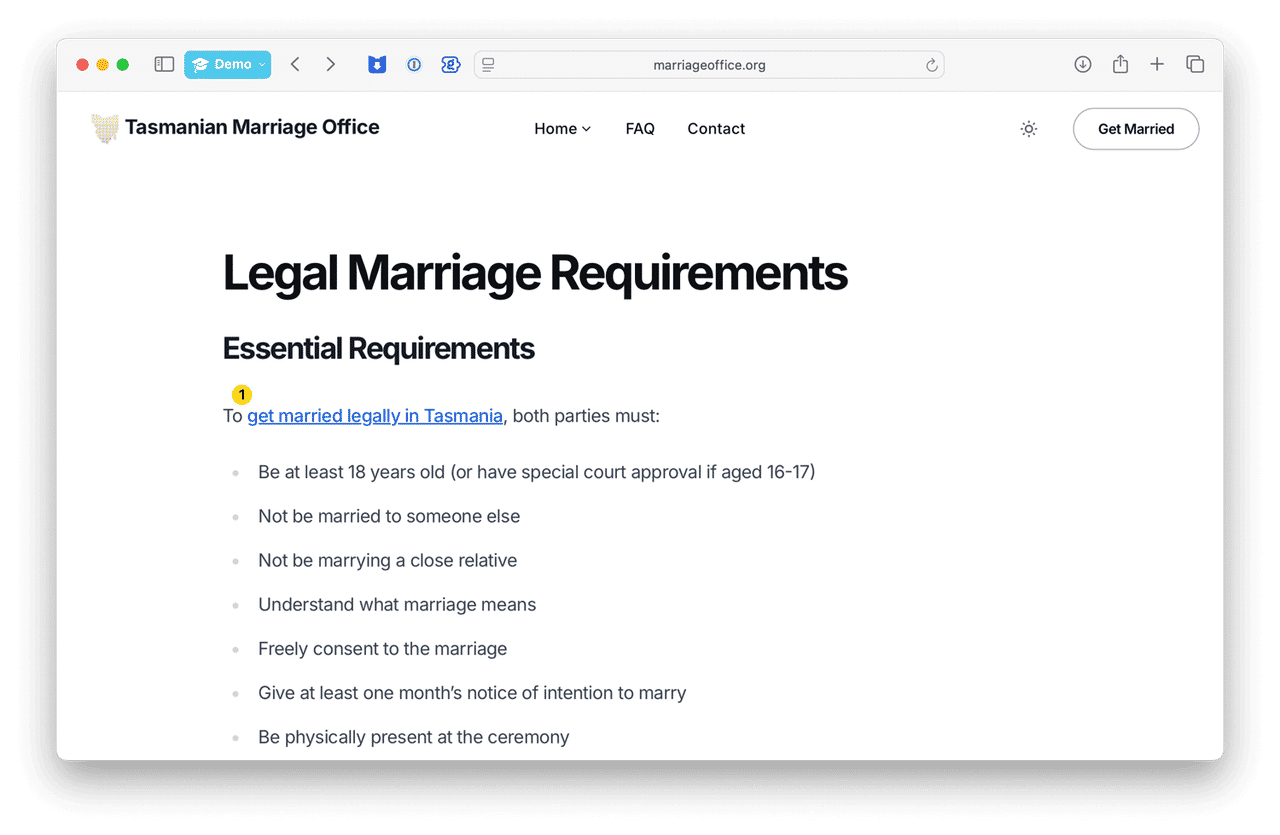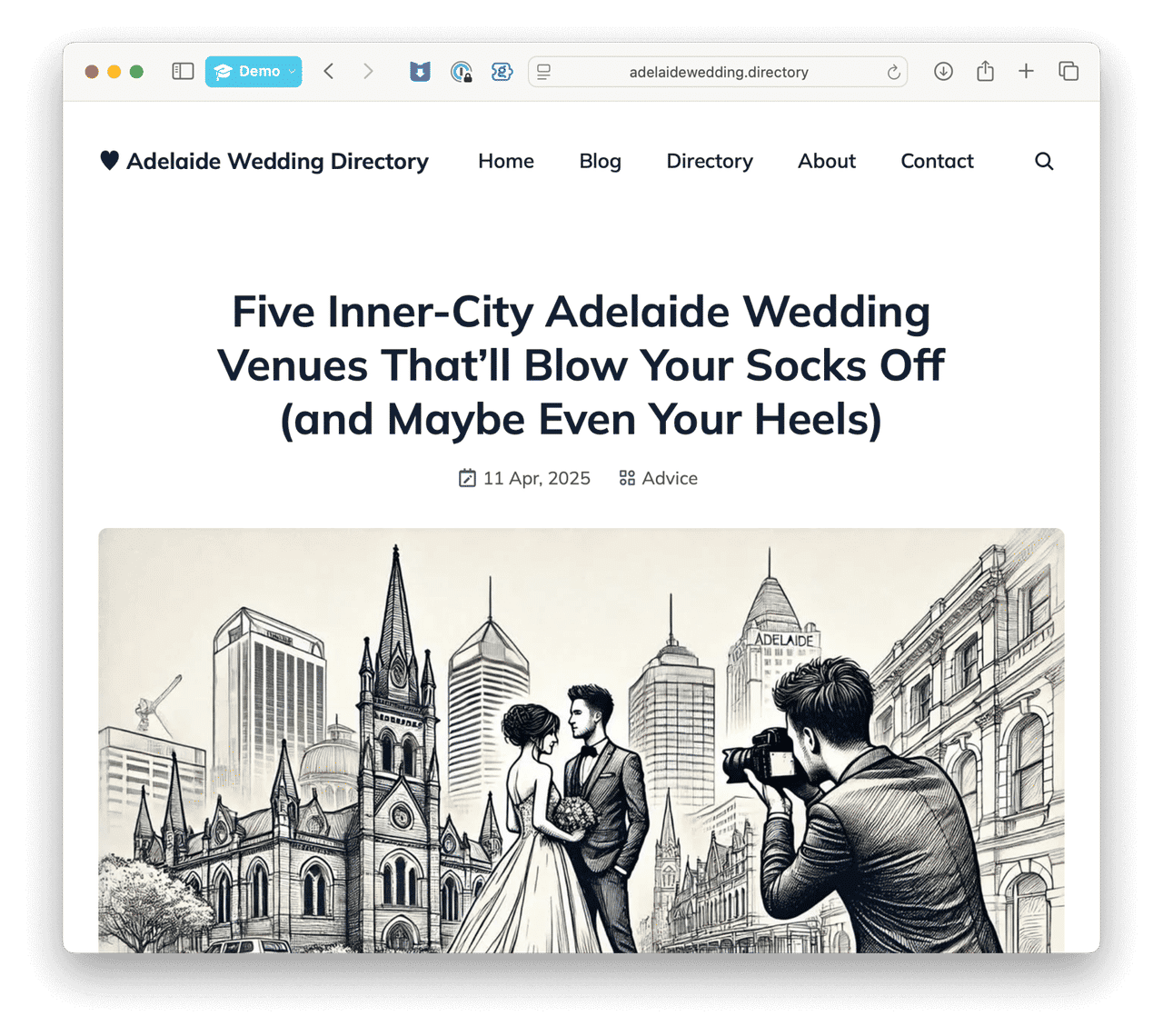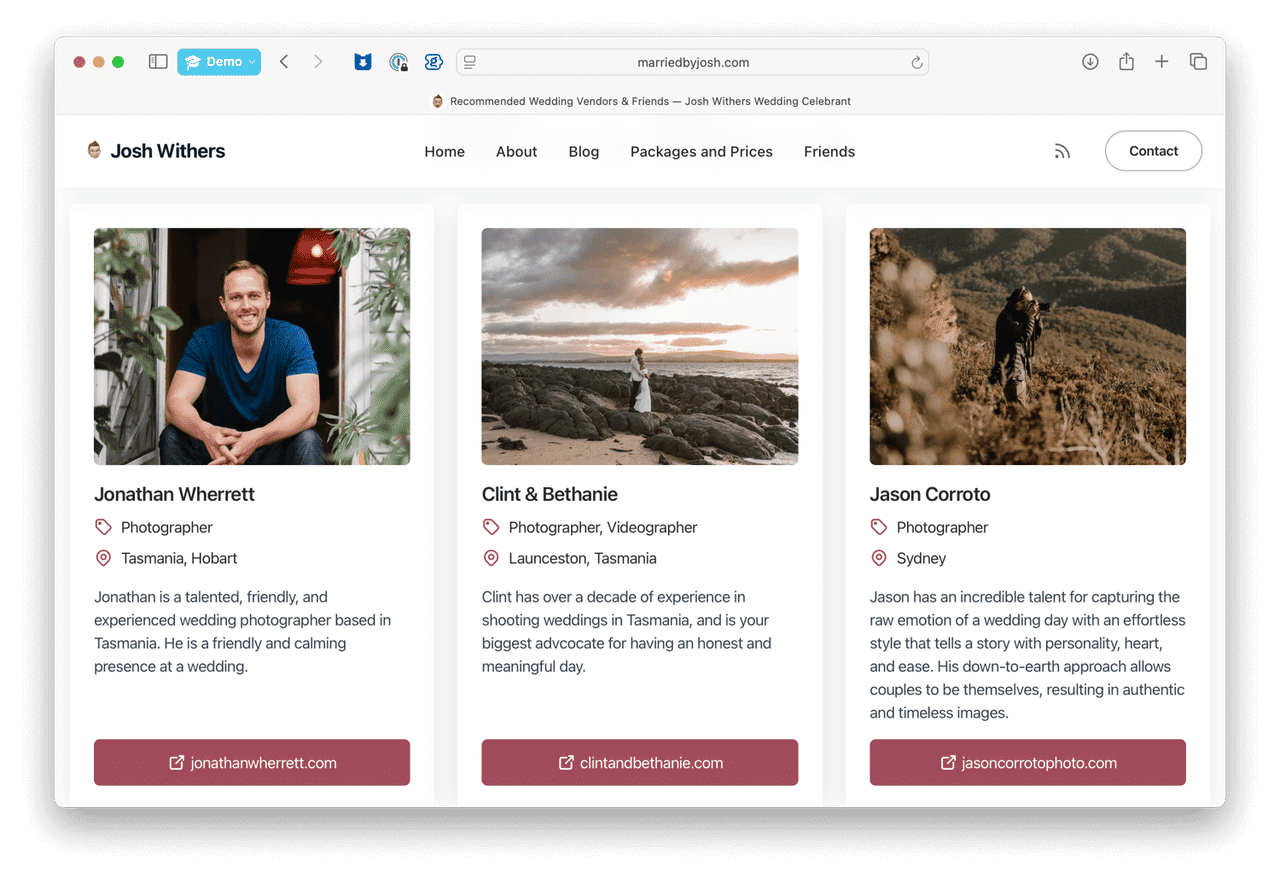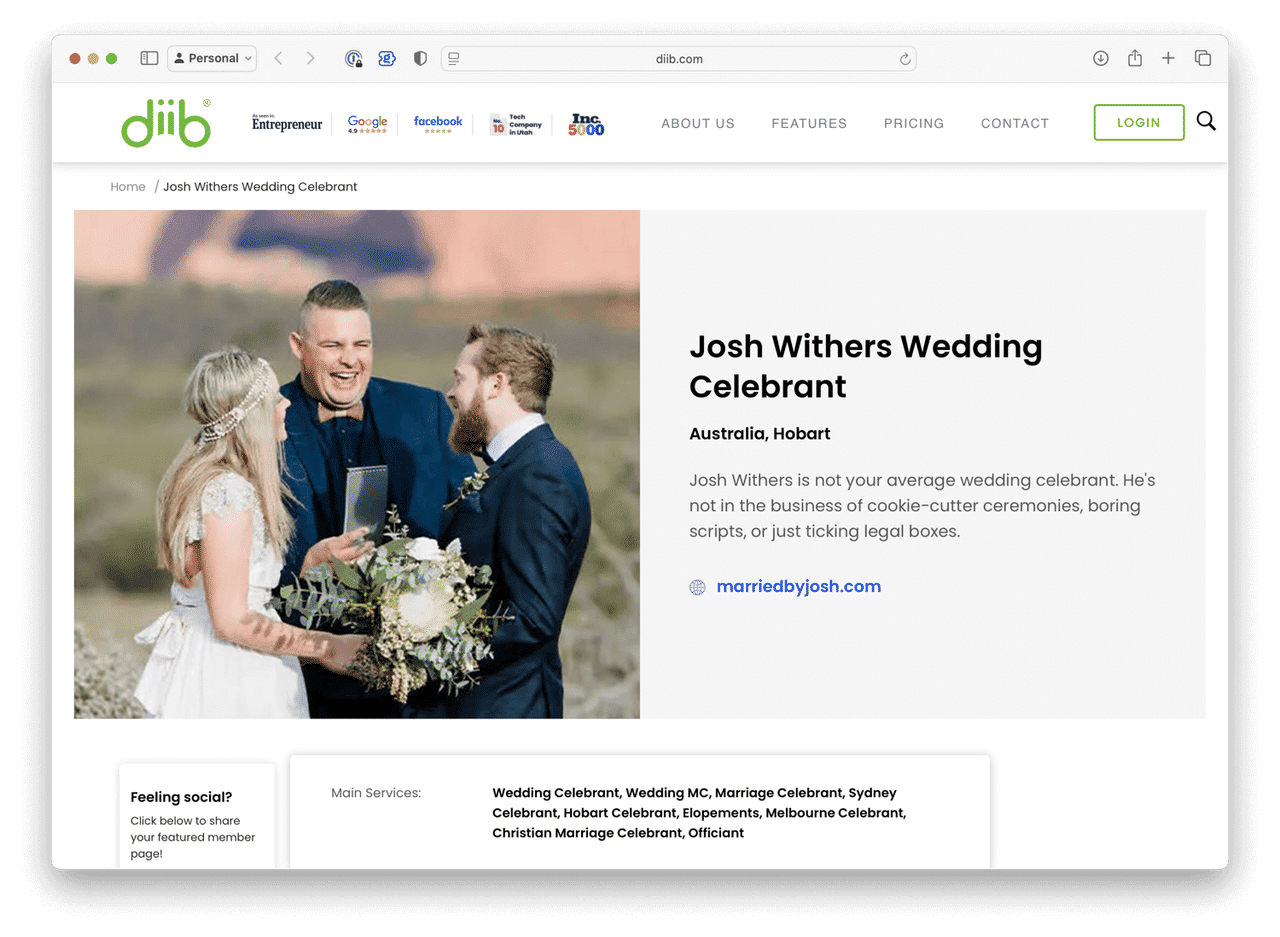When it comes to building a strong web presence that signals all the correct signals to the computers that run this world, most conversations focus on getting backlinks to your site. However, equally important—and often overlooked—is how you link out to other websites from your own website domain.
In GEO/SEO world everything is a signal, not just the links in, but the links out.
Many readers of this blog and email have asked this simple question:
How do I make a backlink on my website?
This article isn’t about how to use Squarespace, Wix, Wordpress, or Astro to make a link on your own website. You can Google search or get on Youtube to find out how to actually make links in your CMS. This is about how to make actually good (back)links that are valuable to your and your community.
The links you give can be valuable gifts to other site owners while also serving as strategic signals for search engines about your site’s relevance and authority.
Come with me to epxlore the various ways you can link out from your website, the impact of different link types, and best practices to ensure your outbound linking strategy benefits both your site and those you link to.
Understanding Link Value: What Makes a Quality Outbound Link?
Before diving into different linking methods, it’s worth understanding what makes an outbound link valuable:
- Contextual relevance: Links embedded naturally within relevant content carry more weight than random or forced placements
- Placement in high-authority content: Links from your most authoritative pages pass more value
- Dofollow status: “Dofollow” links pass SEO value, while “nofollow” links typically don’t (though Google now treats nofollow as a “hint” rather than a directive). Dofollow typically isn’t an option, but nofollow can be an option depending on your content management system.
- Anchor text quality: Using descriptive, relevant anchor text rather than generic “click here” text
- Page placement: Links higher in the content body often carry more weight than those buried at the bottom
- Link neighbourhood: Who else you link to on the page matters—linking to quality sites signals your own quality
Methods for Linking Out from Your Website
1. Contextual Links Within Existing Content
The gold standard of outbound linking is the natural, contextual link placed within the body of your content where it makes logical sense.
Benefits:
- Highest SEO value for the recipient website owner
- Most natural and normal for users
- Signals to search and answer engines that you’re providing additional valuable resources
Best Practices:
- Link when mentioning specific businesses, products, concepts, or statistics
- Make sure the linked content truly adds value for your reader (the common web users would understand that clicking a hyperlink would bring more context and sourcing to the words that are linked)
- Link from descriptive text that accurately represents the destination website
- Maintain a reasonable link density (too many links in one piece can dilute value) aka don’t make tonnes of links
2. Creating Dedicated New Content for Linking
Creating new blog posts or articles specifically to feature or recommend external resources.
Benefits:
- Creates fresh content opportunities for your site
- Allows for natural, contextual linking
- Can position you as a curator of quality resources
- May encourage reciprocal linking in the future
Examples:
- “10 Industry Resources We Love”
- “Our Favourite Tools for [Industry Task]”
- Interview posts featuring industry partners
- Case studies that mention vendors or partners
3. “Friends” or Partners Pages
Dedicated pages that list partners, friends of the brand, or recommended resources.
Benefits:
- Curates outbound links with valued connections
- Creates a resource that can be easily updated
- Strengthens business relationships
- Clear signal to visitors about your professional network, you’re saying these are the kind of people I work with
Best Practices:
- Include brief descriptions explaining why you’re recommending each link
- Consider categorising links if you have many
- Update regularly to ensure all links remain valid
- Consider adding logos or visual elements to make the page more engaging
4. Resource Pages
Similar to “friends” pages but more focused on being helpful to visitors by providing curated external resources.
Benefits:
- Positions your site as a valuable hub of information
- Genuinely helpful for users
- Can attract inbound links from those you’ve featured
- May rank well for “[topic] resources” keywords
Best Practices:
- Organise by category or use case
- Include brief annotations explaining why each resource is valuable
- Update regularly to ensure resources remain current
- Consider adding ratings or your own evaluations
5. Guest Author Bylines
When publishing guest content, including links to the author’s website or social profiles.
Benefits:
- Expected courtesy for guest contributors
- Helps establish author credibility for readers
- Creates natural connection between related sites
Best Practices:
- Place byline links prominently near the author’s name or bio
- Consider using the author’s name or company name as anchor text
- Maintain consistency in how you format author attributions
6. Testimonials and Case Study Attribution
When featuring customer stories or testimonials, linking to their websites.
Benefits:
- Natural way to credit sources
- Strengthens relationships with featured customers
- Adds credibility to the testimonials
Best Practices:
- Always get permission before linking to customer sites
- Use company names as anchor text
- Consider reciprocal testimonial opportunities
7. Footer Links
Links placed in your website footer, visible on every page.
Benefits:
- Easy to implement site-wide
- Consistent placement that users can find if needed
- Good for essential resources that might be relevant across content
Considerations:
- Footer links generally carry less SEO value than contextual links
- Too many footer links can look spammy to both users and search engines
- Site-wide links multiply the number of links to a domain, which may dilute value
Best Uses:
- Links to privacy policy, terms of service, etc.
- Parent company or major partner relationships
- Industry association memberships
8. Sidebar Links
Links placed in a sidebar widget, often visible across multiple pages.
Benefits:
- More visible than footer links
- Can be categorised or presented with more context
- May be seen as more editorial than footer links
Considerations:
- Like footer links, sidebar links are less valuable than contextual links
- Consider whether sidebar links need to appear on every page
The SEO Impact of Outbound Linking
How Outbound Links Affect Your Domain Authority
Contrary to some outdated beliefs, appropriate outbound linking to quality websites can actually benefit your site:
-
Quality by association: Linking to authoritative, relevant sites signals to search engines that you’re connected to quality resources
-
Topical relevance: Links to topic-relevant sites help establish your site’s subject matter expertise
-
User experience: Providing helpful external resources improves user experience, which indirectly benefits SEO
-
Relationship building: Sites you link to may notice (especially through trackbacks or monitoring tools) and reciprocate
However, it’s important to maintain balance:
- Link velocity: Suddenly adding many outbound links may look unnatural
- Link ratio: An extremely high ratio of outbound to inbound links might signal lower value
- Link quality: Linking to low-quality or spammy sites can harm your reputation
The Importance of Internal Linking
While outbound links connect your site to the broader web, internal links (links to other pages on your own site) are equally crucial:
- Distributes page authority throughout your site
- Helps search engines discover and index your content
- Improves user navigation and engagement
- Establishes content hierarchies and relationships
When implementing an outbound linking strategy, be sure to maintain a strong internal linking structure as well. This balanced approach signals to search engines that you’re both a valuable hub of information and well-connected to quality external resources.
Best Practices for Outbound Linking
Do:
- Link naturally: Place links where they make contextual sense
- Link to quality: Choose reputable, authoritative destinations
- Use descriptive anchor text: Make it clear what users will find when clicking
- Check links regularly: Ensure destinations remain valid and appropriate
- Vary your link destinations: Avoid repeatedly linking to the same few sites
- Consider reciprocal opportunities: Look for win-win linking arrangements
Don’t:
- Sell links without disclosure: Undisclosed paid links violate Google’s guidelines
- Exchange links indiscriminately: Focus on quality and relevance, not quantity
- Link to controversial or low-quality sites: Your reputation is affected by association
- Over-optimise anchor text: Too many exact-match keyword anchors looks unnatural
- Create dedicated pages just for SEO-focused link exchanges: These rarely provide user value
The Gift of Linking Out
Remember that when you link to another website, you’re giving a valuable gift. You’re sharing your audience, your page authority, and your vote of confidence.
This generosity often comes back in various forms:
- Stronger industry relationships
- Potential for reciprocal links
- Social media mentions
- Future collaboration opportunities
- Recognition as a connector in your field
- Pure unbridled gratitute
While strategic SEO considerations are important, the relationship-building aspect of linking out shouldn’t be underestimated.
Many successful websites have built substantial authority simply by being generous with their outbound links and becoming known as valuable curators and connectors. My favourite examples of this are some of my favourite blogs:
How you link out from your website tells a story about your brand, your values, and your place in the digital ecosystem. By thoughtfully implementing various types of outbound links—from contextual content links to resource pages to footer attributions—you create a web of connections that benefits your visitors, your SEO, and the sites you link to.
The most successful linking strategy balances SEO considerations with genuine value provision, creating a win-win-win situation for your site, your users, and your linked partners. By focusing on quality, relevance, and natural implementation, your outbound links become not just SEO signals but valuable connections in the ever-expanding web of online relationships.



